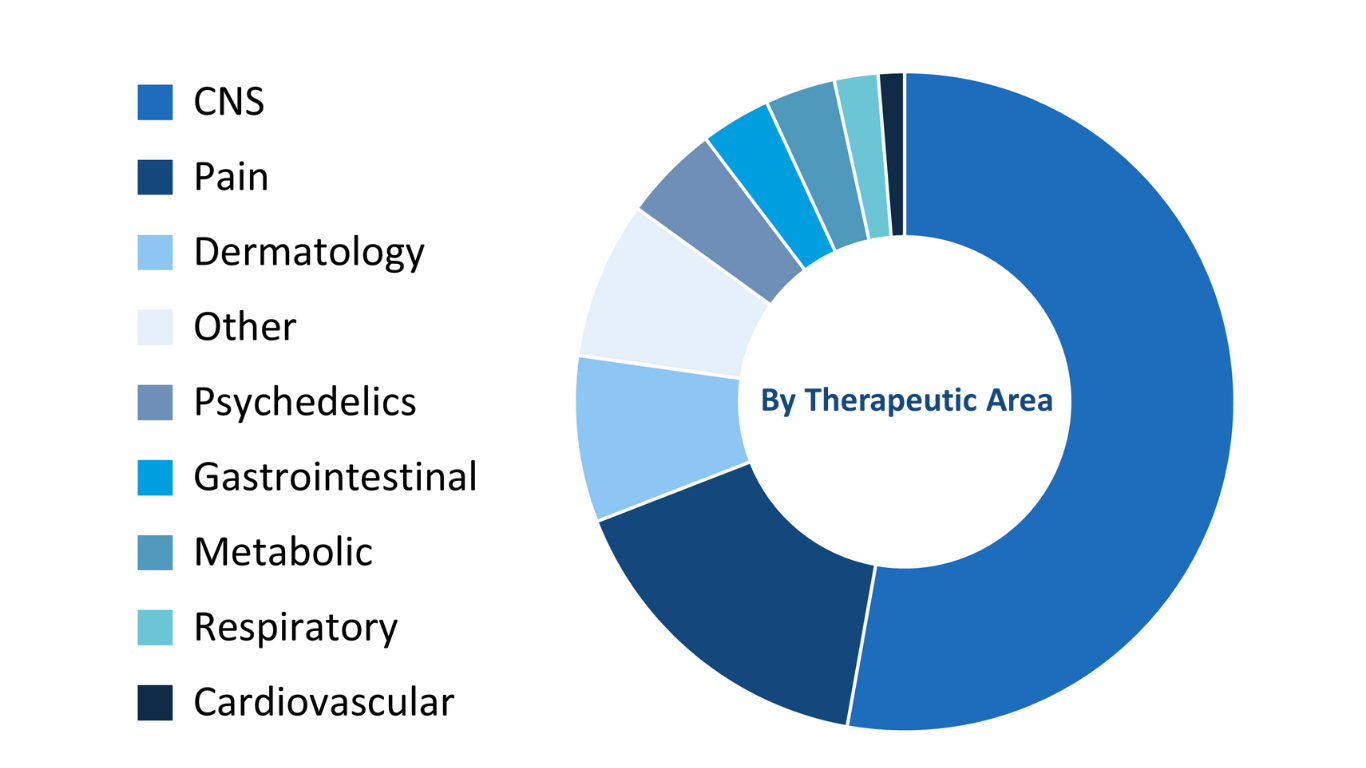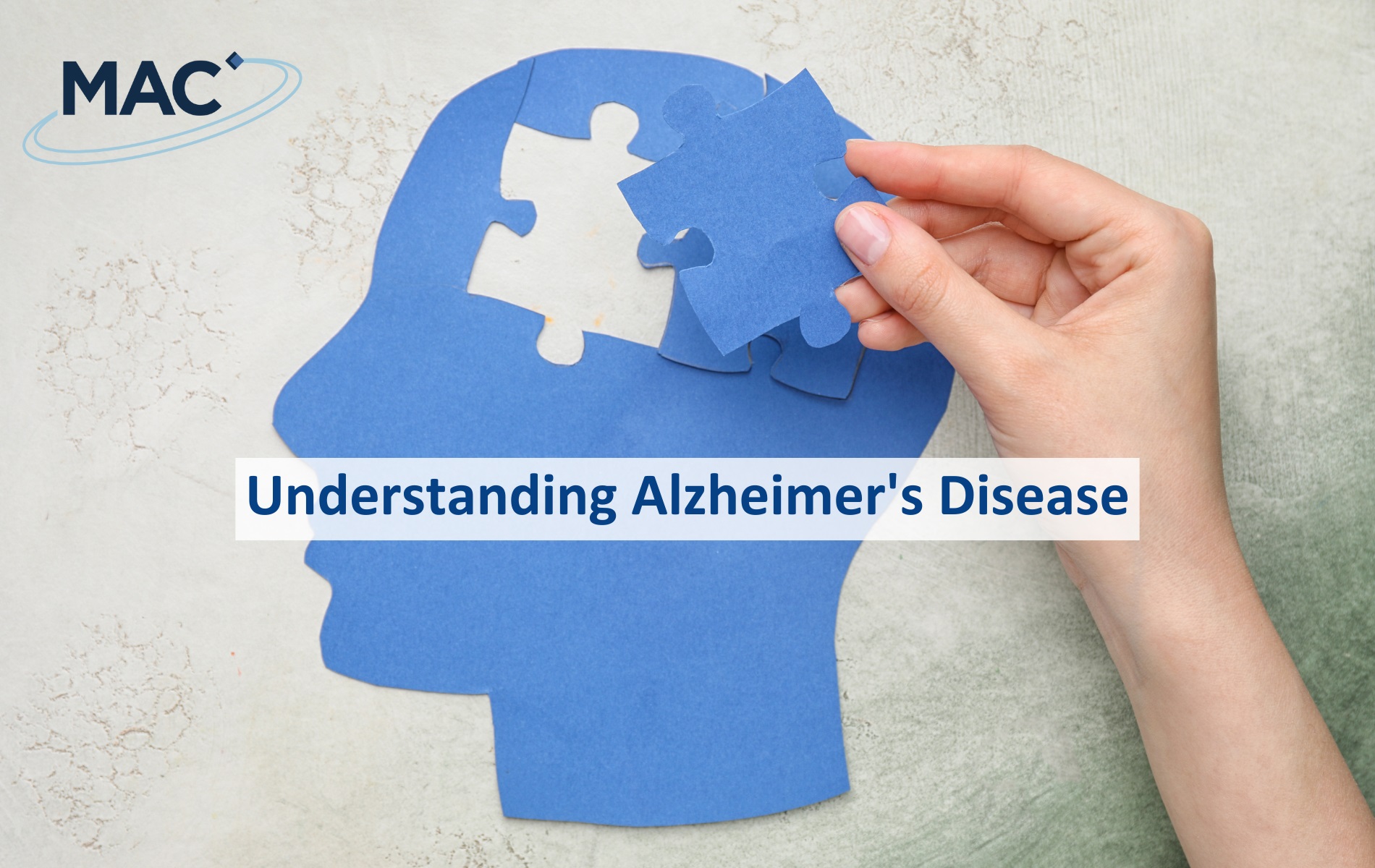Alzheimer’s Disease (AD) is a complex and pervasive condition that affects the central nervous system (CNS) of millions of lives worldwide. Currently around 50 million people live with this disease (and/or other related dementia conditions) worldwide (primarily in Western Europe and North America). With an estimated 10 million diagnoses per year, projections indicate a significant increase in the coming years. However only 25% of people living with the disease have been formally diagnosed. This places intense pressure on healthcare systems and families caring for loved ones affected by AD. The projected rise also underscores the urgent need to find both medical and lifestyle solutions for patients and their caregivers.
AD patients, families, and caregivers often describe the condition as a journey, starting with subtle memory issues and progressing to significant cognitive decline, affecting daily life and relationships. While age is the primary risk factor, genetics and lifestyle can increase risk.
Symptoms and Lifestyle
Early symptoms of AD may include:
- Mild memory loss, progressing to more severe cognitive decline
- Confusion
- Personality changes such as agitation, aggression and refusal of assistance
- Difficulty performing routine daily tasks
Lifestyle choices such as regular physical activity, a balanced diet, mental stimulation and managing conditions like diabetes and hypertension can potentially reduce the risk of developing AD.
The toll on AD patients, families and caregivers can be overwhelming, as caring for someone with AD is frequently emotionally and physically demanding. This highlights the need for support services, educational materials and community resources.
Awareness and Treatment
Raising awareness about AD and the importance of regular check-ups and cognitive assessments – especially for those with a family history of AD – is essential to reduce stigma, encourage early detection and facilitate earlier access to appropriate care, particularly for those with a family history of AD, who are at a higher risk. This awareness will enable better treatment planning, potential interventions and improved quality of life for patients.
While there is currently no cure, ongoing AD research offers hope for better treatments and interventions. Researchers are exploring various avenues, from drug development to lifestyle modifications, which may improve AD patients’ quality of life. This research has yielded promising AD drug candidates, including immunotherapy and precision medicine. These advances are transforming AD research, offering tailored treatments that target the toxic proteins that cause the disease. Additionally, advanced imaging and big data analytics enable earlier diagnoses and deeper insight into disease patterns and outcomes.
Research
Clinical trials play a pivotal role in testing and evaluating these new treatment candidates, with the aim of alleviating symptoms and slowing disease progression. MAC has conducted 155 studies in CNS indications, including 93 in potential AD treatments, and we are committed to continuing our support for the companies that are aiming for an AD cure and the patients and families who will benefit from this research.
Alzheimer’s Disease is a journey that affects individuals and their families deeply. Early detection, lifestyle choices and community support all play critical roles in managing the disease. Ongoing research and advocacy efforts offer optimism for a future where we better understand and more effectively prevent and treat AD.
If you would like to speak to us about our experience in this area, or if you would like to know more about our services for a study, contact us here.











